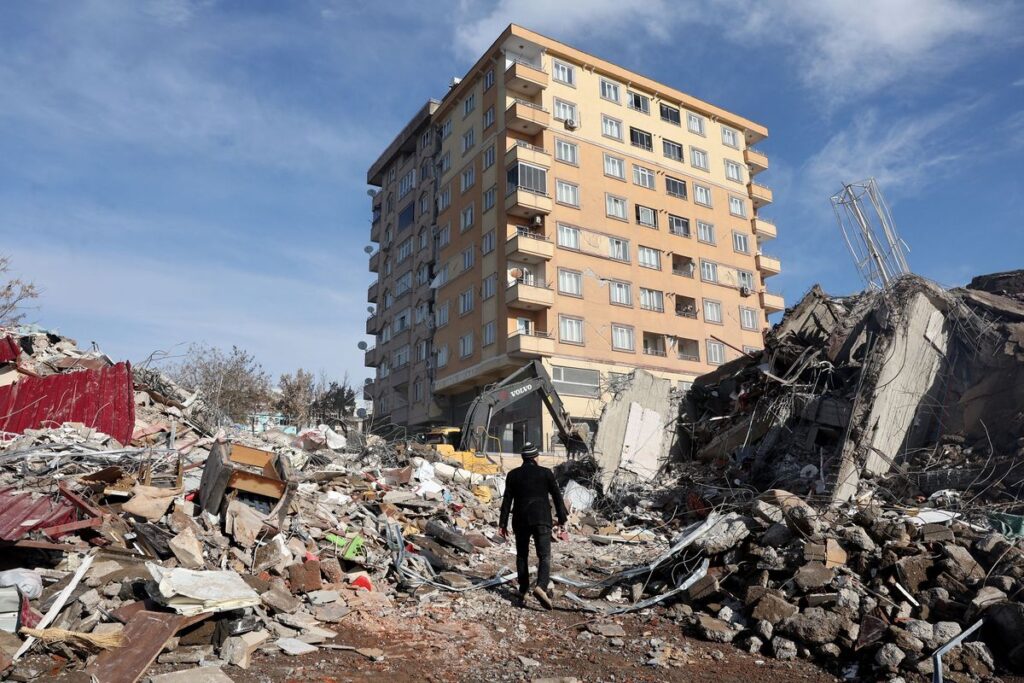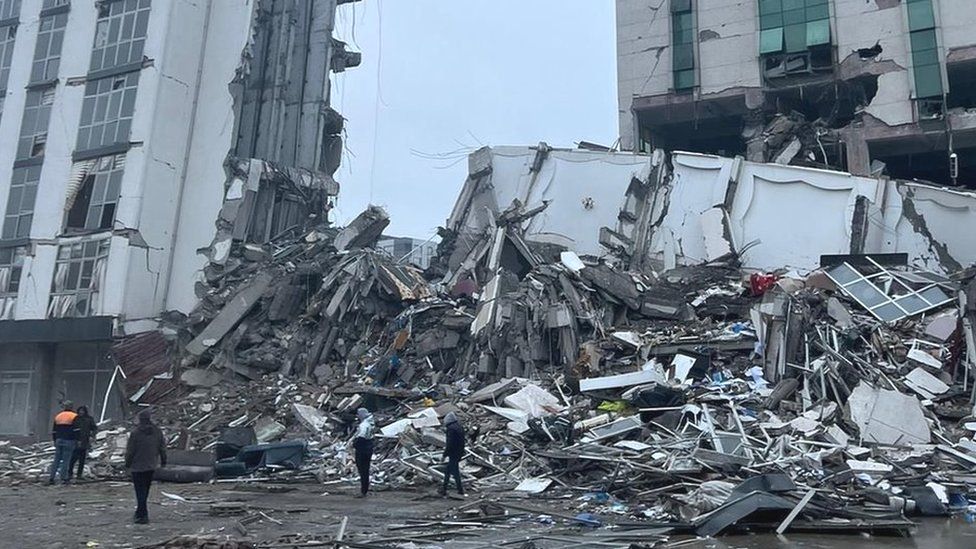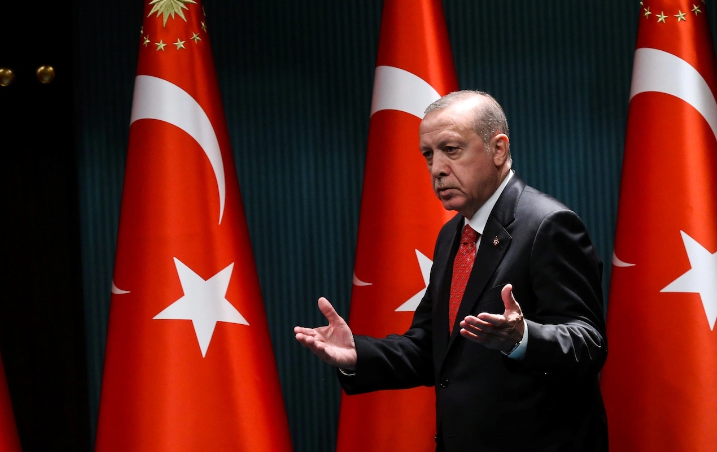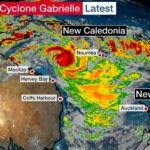According to Turkish authorities, 113 arrest warrants have been issued in relation to the building of the structures that were destroyed by the earthquake on Monday.
There have already been at least 12 people detained by Turkish police, including construction workers.
Rescue operations have been hampered in some areas due to protests in southern Turkey.
More than 28,000 individuals have now been officially declared dead in Turkey and Syria.
More arrests are anticipated, but many will interpret the move as an effort to shift responsibility for the catastrophe in general.
Buildings that were designed to resist earthquakes have collapsed.

Since many new buildings in Turkey are unsafe because of widespread corruption and government practices, experts have been warning about this for years.
In order to promote a construction boom, including in earthquake-prone areas, those rules permitted so-called amnesties for contractors who flouted building regulations.
The earthquake caused the collapse of thousands of buildings, prompting concerns about whether human error contributed to the severity of the natural disaster.
After 20 years in office, the president’s future is in jeopardy as elections approach.
Although Mr. Erdogan has acknowledged mistakes in the response, on one occasion when visiting a disaster area, he seemed to put the responsibility on fate. He responded, “Such things have always happened. It is a component of destiny’s plan.
The situation is becoming worse six days after the earthquake struck.
Due to skirmishes between unknown parties in Hatay province on Saturday, search efforts were halted by German rescuers and the Austrian army. According to one rescuer, security is predicted to deteriorate as food supplies get low.
Turkish factions are becoming more aggressive, according to Austrian Lieutenant Colonel Pierre Kugelweis. “The possibilities of saving a life have no logical relationship to the safety risk,” the statement reads.
The Turkish army provided security while the search for survivors was carried out once more.
Millions of people are homeless throughout southern Turkey and northern Syria, and temperatures regularly drop below freezing at night.
More than 800,000 people are not receiving enough food, according to the UN, which has also warned that the eventual death toll from the earthquake is likely to quadruple.
More than 3,500 people have died in Syria as of this writing, but since Friday, no new numbers have been released.
Despite several remarkable rescues, the likelihood of discovering many more people is dwindling.

A family of five from Turkey’s Gaziantep province and a seven-year-old girl from Hatay, who spent 132 hours buried alive, were among those pulled from the rubble on Saturday.
The United Nations’ top humanitarian official, who was in the Turkish province of Kahramanmaras on Saturday, called the earthquake the “worst occurrence in this region in 100 years.”
Martin Griffiths told reporters in Turkey, “I think it’s the worst natural disaster I’ve ever seen and it’s also the most spectacular worldwide response.”
There are some indications that Mr. Griffiths’ demand for regional politics to be set aside in the wake of the catastrophe is being heeded.
For the first time in 35 years, the Turkish-Armenian border crossing reopened on Saturday to permit the passage of aid.





